
Cannabis plants produce more than 100 cannabinoids. Included among them are the two major ones and the ones this piece will focus on - CBD and THC. Both of these cannabis products cause drug-like reactions in the body, and both can have medical benefits. So, let's find out more about CBD and THC and discover the differences between the two, shall we?
THC, or tetrahydrocannabinol, is a psychoactive compound predominantly found in marijuana. It's responsible for the "high" sensation often associated with cannabis consumption.
Marijuana and THC are illegal to possess, grow, distribute or sell in the UK. It is a Class B drug according to the Drug Enforcement Administration. If you smoke marijuana in the UK, you may face up to 14 years in prison, an unlimited fine or both as it is considered drug abuse/substance abuse.
CBD, short for cannabidiol, is another vital cannabinoid, prevalent in both hemp and marijuana. Unlike THC, CBD doesn't induce psychoactive effects, making it an appealing option for therapeutic use. CBD activates cannabinoid receptors in the central nervous system, more on this below.
CBD comes in many forms including oil, patches, extracts, vapes and topical lotions. Unlike THC, CBD is not part of the Controlled Substances Act. It is legal and hemp-derived CBD products may have various health benefits. Its medical use has now been passed by federal law in the USA to be used in Epidiolex, the first medication made from CBD oil approved by the FDA to treat epilepsy, for example.
While CBD products are widely available in the UK, you must do research into the company. Some recent research shows that more than 25% of CBD products on the market contained less CBD than was listed on the label. Others also contained THC. So, if you are concerned about drug tests and want to ensure you are getting the correct dosage of CBD, ensure the CBD products you buy are high quality.
CBD One produces the highest quality CBD products in the UK. We have researched and developed our CBD products under the careful eye of one of our founders Nick. Nick, an Osteopath by profession, liaises with our hemp farmers in the Netherlands to secure the highest-quality extracts possible. Our guiding principles go into more detail about why quality is so important to us.
Both CBD and THC originate from the cannabis plant. While both are present in marijuana, hemp is particularly rich in CBD and contains very little THC levels (0.2% or less). Cannabis plants with THC concentrations higher than 0.3% are considered marijuana and a controlled drug in the UK. As a result, all of the CBD that can be legally purchased in the UK comes from the hemp plant.
Interestingly, THC is only found in female cannabis plants (the Cannabis Indica and the Cannabis Sativa plants), while CBD is found in both male and female plants.
Chemically, CBD and THC may seem similar, both containing 21 carbon atoms, 30 hydrogen atoms, and 2 oxygen atoms. However, their arrangement leads to distinct interactions within the body, resulting in varied effects. Both CBD and THC are similar in that they affect the way your brain cells communicate with each other, but these cannabis-derived compounds affect the brain cells and thus the body in different ways.
Research suggests that there are several molecular targets in our bodies that can be affected by CBD. While more research is needed, it is believed that CBD may slow down signals to your brain, lower inflammation in your brain and possibly change the level of calcium in your brain cells which plays a role in communication between the cells. As a result, CBD may affect your body in various ways, including:
There have also been studies into the effects of CBD on nausea, anxiety, depression, seizure control and pain relief. Research is ongoing so we’ll report back on these findings when something more concrete is known.
THC stimulates the parts of your brain that respond to pleasure. It helps to release the 'feel good' hormone dopamine. This is what gives you a relaxed, euphoric feeling. Cannabis potency (the amount of THC in the cannabis plant) varies. Today's plants are stronger than ever, though. The average strength of THC in marijuana is now 15%, in the mid-1990s, it was about 4%. As a result, THC can cause some very negative effects, including:
CBD is often favoured for its non-intoxicating nature, making it suitable for daytime use without impairing cognitive function. While more studies are needed to determine the true effectiveness of CBD, some research suggests that CBD can keep us calm and lift our moods.
THC, on the other hand, is used by many for its psychoactive effects. Yet it is utilised in managing conditions like nausea, insomnia, and PTSD. Researchers are currently looking into whether THC could also be used in treatments for:
and more.
While generally well-tolerated, CBD and THC may induce side effects such as dizziness, dry mouth, and changes in appetite. THC's psychoactive properties can also lead to impairment, making tasks requiring focus and coordination challenging. The side effects of THC versus CBD are much more severe in most cases.
The primary difference lies in their psychoactive effects; while THC induces a high, CBD does not. Additionally, CBD is legal in the UK as long as it contains less than 0.2% THC. Whereas THC remains a controlled substance for almost everyone.
We hope this look at CBD vs THC has helped you understand the difference between them. For more valuable information about CBD explore our blog further. And for the highest quality CBD products in the UK, check out our CBD shop! But now, time for some CBD vs THC FAQs.
Yes, medical cannabis is legal in the UK under certain circumstances and with strict regulations. Medical marijuana is not as widely available in the UK as it is in some states in America. State medical cannabis laws are very complex, and so that isn't something we'll discuss here. But, in short, yes, medical cannabis is available in the UK but is not as easy to obtain as it is in America.
THC is classified as a controlled substance in the UK and is illegal without a prescription. Cannabis is a Class B drug, and you could face up to 14 years in prison for possessing, growing, distributing or selling it.
Withdrawal symptoms from CBD are rare and typically mild, such as irritability and insomnia.
The best CBD dosage varies depending on individual factors such as weight, metabolism, and the condition being treated. It's best to start with a low dose and gradually increase until desired effects are achieved.
Yes, CBD can be derived from both hemp and marijuana plants. However, CBD is found in higher concentrations in hemp plants and as marijuana plants contain more THC, all of the good quality, legal, CBD available in the UK comes from hemp plants.
Good quality CBD products containing only trace amounts of THC (less than 0.2%) are unlikely to trigger a positive result on a drug test. However, it's crucial to verify the THC content before use.
Cannabis Sativa is one of the three primary species of the cannabis plant, known for its tall stature, narrow leaves, and high CBD content.
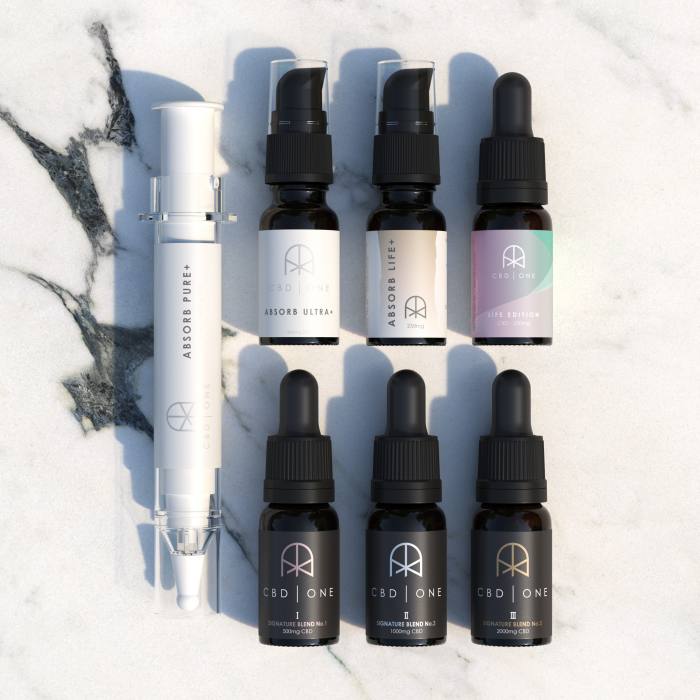
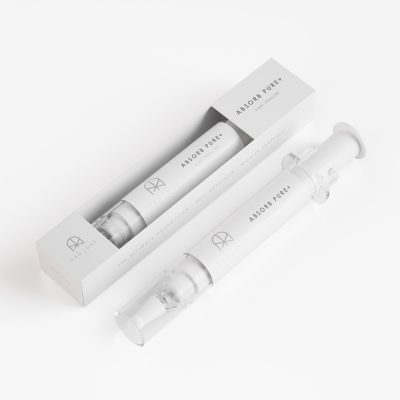
Bioavailability:?Bioavailability | 99% |
CBD content:?CBD content | 800mg | 1600mg | 4000mg |
Cannabinoid spectrum:?Cannabinoid spectrum | Full |
| Daily use: | Once daily |
Best for:?Best for | Powerful water-soluble option |
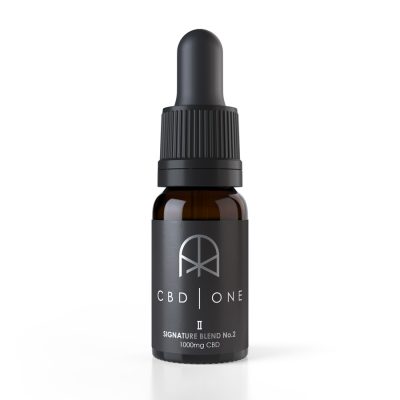
Bioavailability:?Bioavailability | 12 % |
CBD content:?CBD content | 1000mg | 2000mg | 5000mg |
Cannabinoid spectrum:?Cannabinoid spectrum | Full |
| Daily use: | 1-3 times |
Best for:?Best for | All round oil |
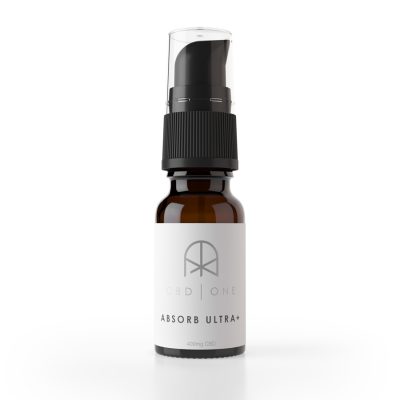
Bioavailability:?Bioavailability | 99% |
CBD content:?CBD content | 400mg | 800mg | 2000mg |
Cannabinoid spectrum:?Cannabinoid spectrum | Full |
| Daily use: | Once daily |
Best for:?Best for | Great all-rounder |
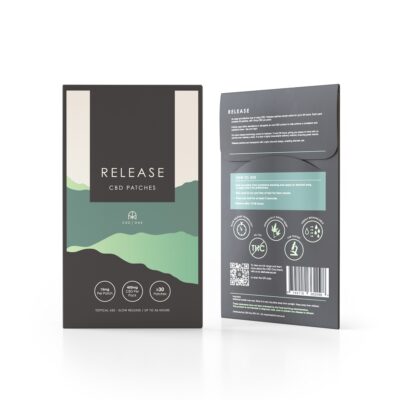
Bioavailability:?Bioavailability | 40%+ |
CBD Content:?CBD Content | 450mg | 900mg | 1350mg |
Cannabinoid spectrum:?Cannabinoid spectrum | Pure CBD |
| Daily use: | Once |
Best for:?Best for | Round the clock super-effective dosing |